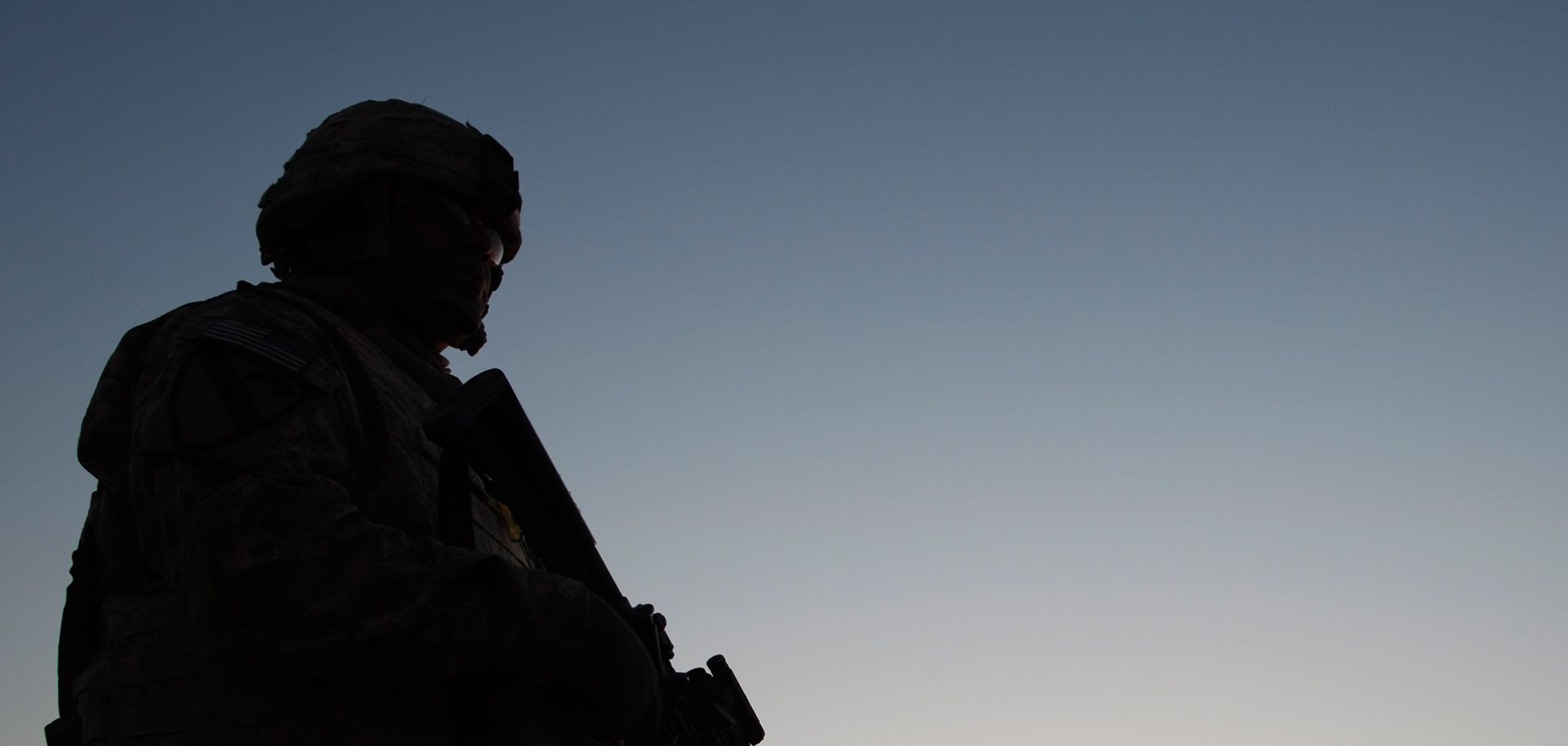Ever since the end of the Cold War, there has been an assumption that conventional warfare between reasonably developed nation-states had been abolished. During the 1990s, it was expected that the primary purpose of the military would be operations other than war, such as peacekeeping, disaster relief and the change of oppressive regimes. After 9/11, many began speaking of asymmetric warfare and "the long war." Under this model, the United States would be engaged in counterterrorism activities in a broad area of the Islamic world for a very long time. Peer-to-peer conflict seemed obsolete. There was a profoundly radical idea embedded in this line of thought....


